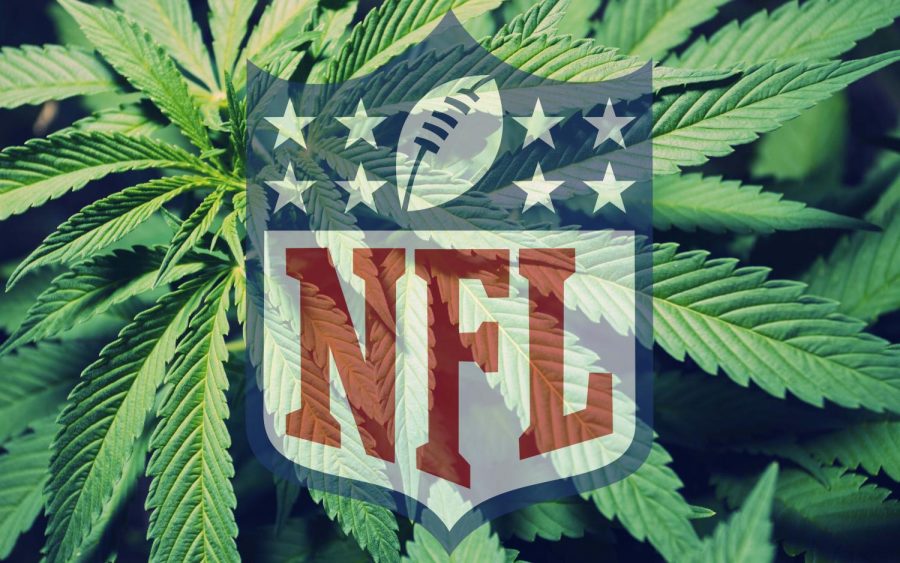Universities in Canada and the U.S. bag a $1 million cannabis research grant from the NFL
On Tuesday, February 1, The National Football League (NFL) sent a shockwave of excitement across the cannabis industry when it confirmed the authorization of $1 million in grants for two university studies.
Each study seeks to explore the suitability of using cannabis and its derivatives for neuroprotective and pain-relieving purposes in players who endure concussions. The University of California San Diego and University of Regina in Canada were chosen from over 100 applicants.
“As with the league’s broader approach to health and safety, we want to ensure that our players are receiving care that reflects the most up-to-date medical consensus,” said chief medical officer of the NFL, Allen Sills, in a press release.
“While the burden of proof is high for NFL players who want to understand the impact of any medical decision on their performance, we are grateful that we have the opportunity to fund these scientifically-sound studies on the use of cannabinoids that may lead to the discovery of data-based evidence that could impact the pain management of our players,” added Sills.
NFL awards grants for cannabis studies: Federal law makes it difficult to study cannabis pain treatment potential
Cannabis’ federally illegal status “makes it harder to do this research.” This is according to co-chair of the NFL-NFLPA Joint Pain Management Committee (PMC), Kevin Hill, who feels that former attempts to study the pain management ability of cannabis have been stifled.
During an official press release announcing the NFL’s grants for cannabis research, he emphasized the importance of enhancing player health and safety through the exploration of new treatment methods.
“The NFL-NFLPA Joint Pain Management Committee is thrilled with the results of this process,” Hill said. “We received over 100 proposals from top clinicians and researchers from around the world. The NFL is eager to advance the science of pain management and performance in an effort to improve the health and safety of the players.”
On the other hand, he also threw the blame at cannabis “stakeholders” who he believes are reluctant to back additional studies amid the rapid rise of cannabis product use and accessibility.
Back in June of last year, NFL players got a sneak peak at the funding plan, which highlighted stakeholder and footballer interest in examining the prospective benefits of adopting therapeutic cannabinoids as a substitute for over-the-counter (OTC) opioid painkillers.
NFL awards grants for cannabis studies: League will carry out ‘real-world, real-time’ study on cannabis pain treatment potential
Researchers from the University of Regina and UC San Diego are receiving more than $500,000 for their efforts into the safety and efficacy of cannabis/hemp-based cannabinoids for pain management and neuroprotection. This funding from the NFL is being welcomed with open arms by both of the university’s research teams.
“Our team are excited to receive this funding to conduct a systematic, ‘real-world, real-time’ study with professional athletes, and which should shed further light upon the many anecdotal reports that cannabis is helpful in reducing post-competition pain,” said co-principal researcher and director of the Center for Pain Medicine at UC San Diego Health, Mark Wallace.
Wallace’s team of investigators will be led by university doctors, all of whom will pay close attention to the treatment potential of cannabis on professional rugby players. The press release states that rugby players tend to endure similar physical damage to American football players and are therefore easier to assess.
One of four treatment types will be randomly assigned to the study subjects; each type of treatment will be administered using a vaporizer. The psychoactive compound THC (tetrahydrocannabinol) is one type of treatment, while another is the non-psychotropic compound (CBD) cannabidiol, the third is a mix of both cannabinoids and the fourth is a placebo.
The financially backed research initiative is expected to take three years until its full completion.











